Project TRUE is an initiative by the Bronx Zoo/Wildlife Conservation Society that allows high school students to get hands-on experience in biological fieldwork studying urban ecology. Learn about the valuable research one group of students is doing this summer on the urban snapping turtle population in New York.
Features
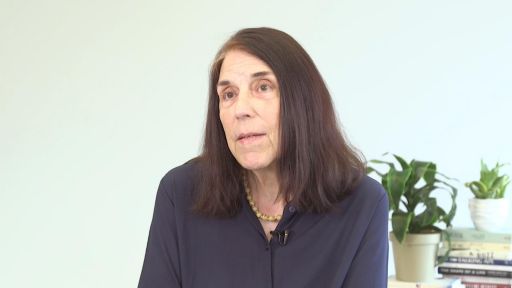
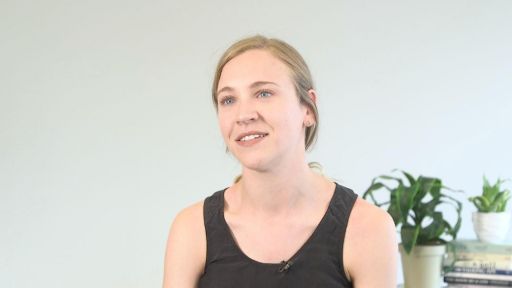
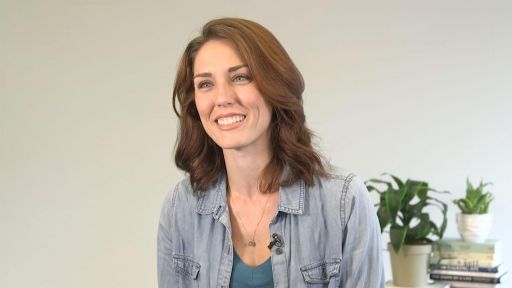
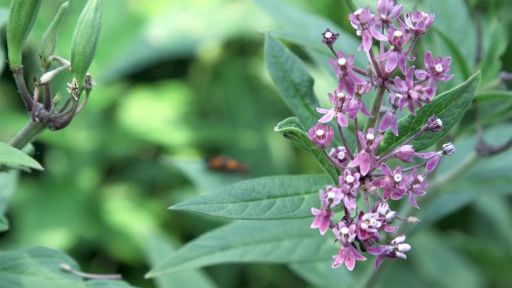
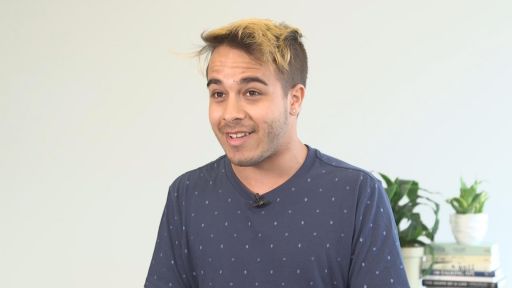
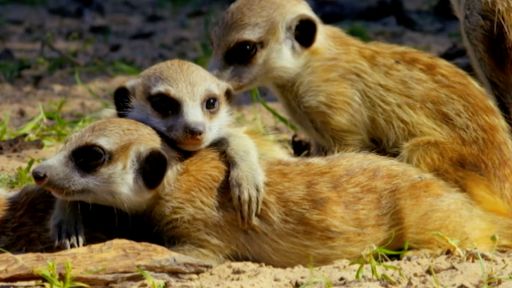
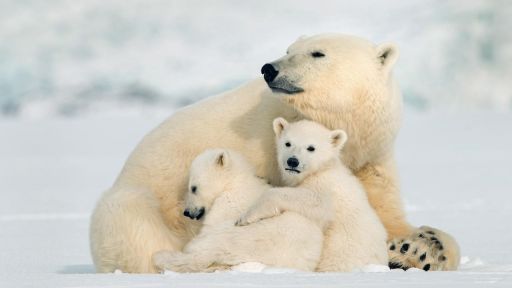
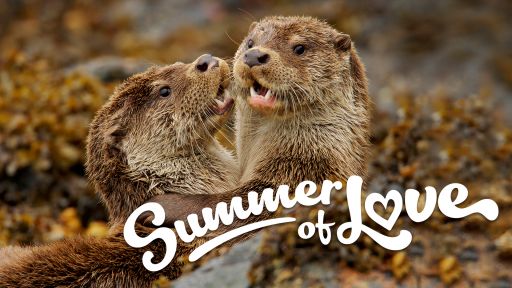
(upbeat music) - [Man] You just wanna grab 'em by the hind legs.
- Project True started about seven years ago with a pilot program at the Prospect Park Zoo.
With funding from the National Science Foundation we were able to offer Project True for the last five years at the Bronx Zoo here, the Prospect Park Zoo, and at the Central Park Zoo.
- [Man] I'm expecting two snappers.
- [Jason] Two snappers.
We have a team here where an undergraduate student developed an independent research project studying populations of snapping turtles and red-eared sliders here in the Bronx River.
- Undergrad] Remember the big ones we saw?
Look how long that tail is compared to the tails we saw on the females.
- Our undergraduate is mentoring three high school students.
Together they're conducting this research and exploring the Bronx River to document and understand snapping turtle populations.
- [Alexis] 23.
- Yep.
- [Woman] 23 centimeters?
- Yeah.
It's always exciting coming here.
Especially when we're catching turtles 'cause you never know what you get until you actually go to the trap.
- We caught six turtles today which is by far the largest haul.
Questions we're looking at is above and below the Twins Dam in the middle of the Bronx Zoo's portion of the Bronx River if there's any variations between the turtle populations so that way we can get a sense of how does that urban development impact the turtle populations.
So I had my students perform various actions such as measuring the carapace, tail length, and weighing them so that way they can get hands on experience with field work and really get a good sense of what it is to be a field biologist or a field ecologist.
- It's been really great 'cause I've never gotten to be part of the research process like this.
'cause you can't really do this in a classroom, obviously.
- Here at the Wildlife Conservation Society we do research all over the world.
One of the important areas that we do research is also right here in the city.
We connect with citizens to inspire them to protect the biodiversity that we have.
The students' research is also shared with the city and the urban wildlife unit.
They're interested in research that students and citizens are doing right here in the city because urban ecology is an understudied area so citizens and students that are doing research like this is really important to our understanding of the urban environment and to help us protect the environment that we rely on.
- 5.6 kilograms.
- Whether or not the students decide to pursue environmental or ecological sciences, the students are still learning about research and scientific thinking, problem solving, and they're also connecting with the natural environment.
- Doing something like this can help you see what you really want in the future.
- It's been a great learning experience just learning about nature in general.
- Working with the turtles is my favorite part.
And also meeting a bunch of other people who are interested in science.
- Being able to spark someone's passion in something that you personally love and hold dear is just an incredible experience.
Place him there and he'll go back on his on.
(upbeat music)
